
What is a Veterinary Specialist?
Veterinary specialists are veterinarians who have advanced training in various veterinary medical and surgical disciplines and are Board-certified.
To become Board-certified, a veterinarian must have completed, at a minimum, four years of veterinary college, a one year internship or equivalent, and two to three years in a residency program that meets the standards of a recognized specialty college or board. There are additional training and caseload requirements that must be met during the residency and finally, to become an ACVIM Diplomate the veterinarian must pass a series of rigorous examinations.
How many specialties are there?
Not all veterinarians that call themselves “specialists” have completed this training. Veterinarians that have passed these examinations and completed all requirements become Diplomates of their respective specialty colleges. Active Diplomate status indicates recognition by the American Veterinary Medical Association’s (AVMA) American Board of Veterinary Specialties in a Board-certified specialty. Currently, there are more than 20 recognized veterinary specialty organizations (RVSOs) with greater than 40 different veterinary specialties. VetSpecialists.com is a resource to find ACVIM veterinary specialists in cardiology, large animal internal medicine, neurology, nutrition, oncology and small animal internal medicine.
Select a specialty below to learn more

When might my animal see a veterinary specialist?
Like most health care fields, the veterinary profession has become multi-tiered. Most conditions that develop in our animals are first evaluated by a primary care veterinarian. If an animal develops a problem or illness requiring advanced care and procedures, your primary care veterinarian or emergency room veterinarian may refer you to a veterinary specialist. Veterinary specialists work closely with animal owners, as well as the primary care veterinarian, to coordinate the best quality of care.
Where do veterinary specialists work?
Most specialists work at large hospitals, referral centers or academic institutions; therefore, in addition to having advanced training, they also have access to state-of-the-art facilities, equipment and support staff that may not be available to your primary care veterinarian. At the same time, they may be able to coordinate treatment with other veterinary specialists to ensure that the highest quality of care is available for each of the animal’s medical or surgical ailments.
Specialists work to advance the veterinary profession
Along with seeing cases within their home hospital or institution, veterinary specialists are leading the way for the veterinary community in research and clinical trials to pioneer new diagnostic and treatment options for animals. At the forefront of research breakthroughs, specialists serve as conduits to improve the veterinary community’s quality of medicine by teaching veterinary students, speaking at continuing education events, publishing peer reviewed articles, research abstracts and review articles, as well as consulting with general practitioners one-on-one for individual case management. Veterinary specialists are highly trained veterinarians that are an important member of your animal’s health care team. Veterinary specialists offer expertise that ensures the best possible outcome for the animal and animal owner.


See veterinary speciality medicine in action
Visit the VetSpecialists Blog
Read articles focused on visiting a veterinary specialist, including what to expect at both an in-person and virtual appointment.

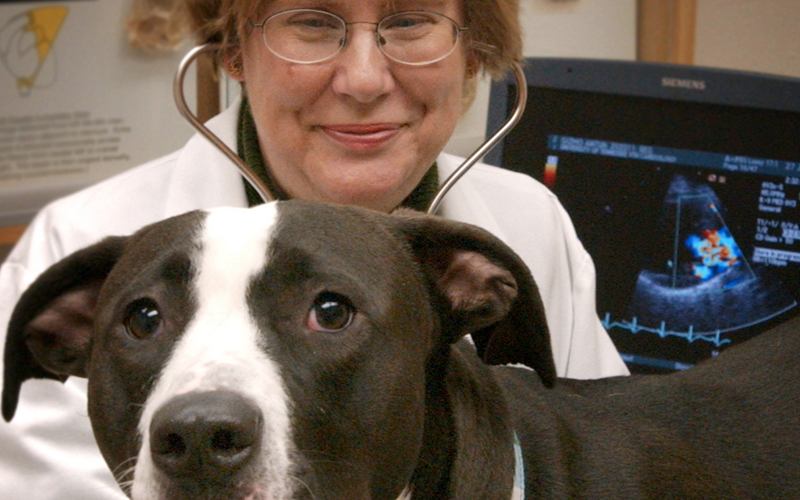
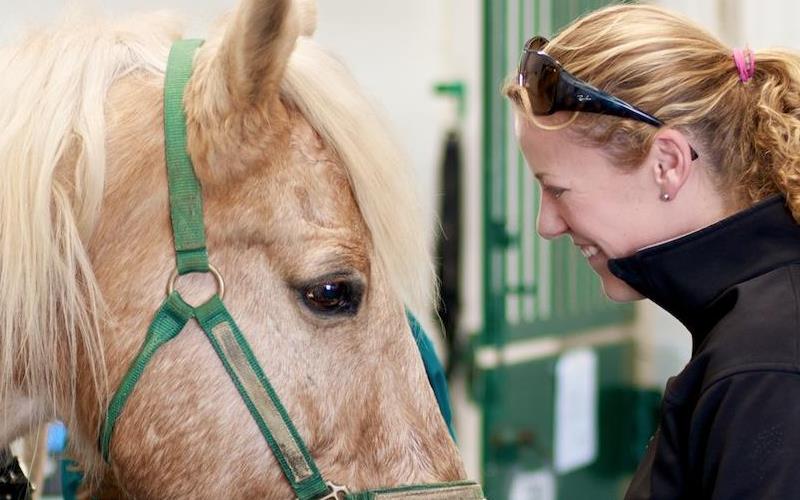
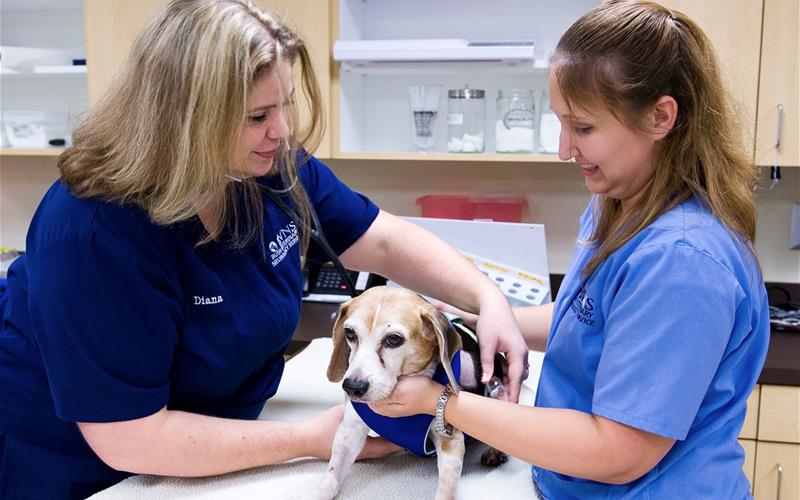

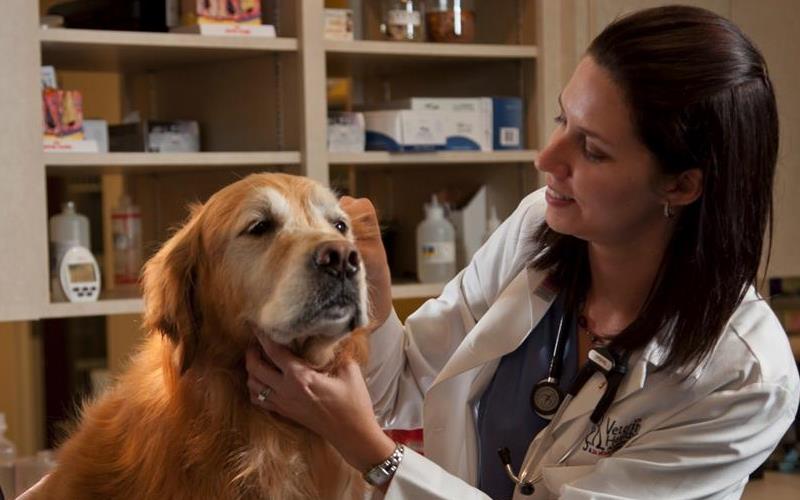
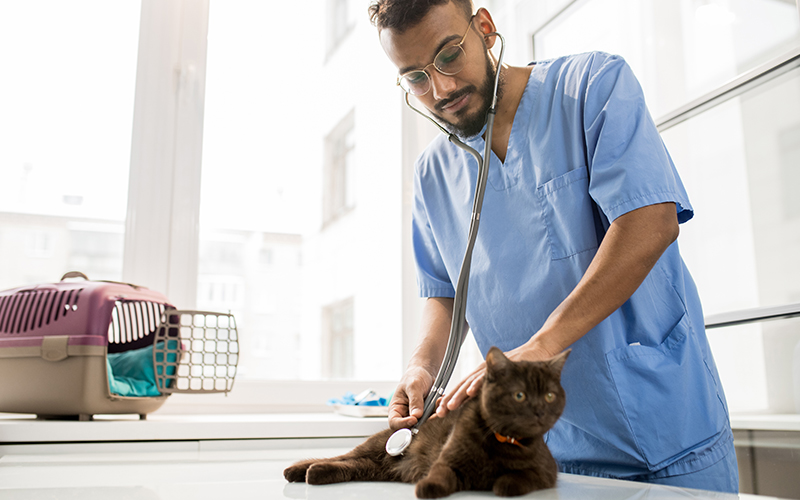
.png?sfvrsn=18732ceb_1)

.png?sfvrsn=e4d3fda6_1)
.png?sfvrsn=f33f8772_1)
.png?sfvrsn=47bd8964_1)
.png?sfvrsn=d461460b_1)